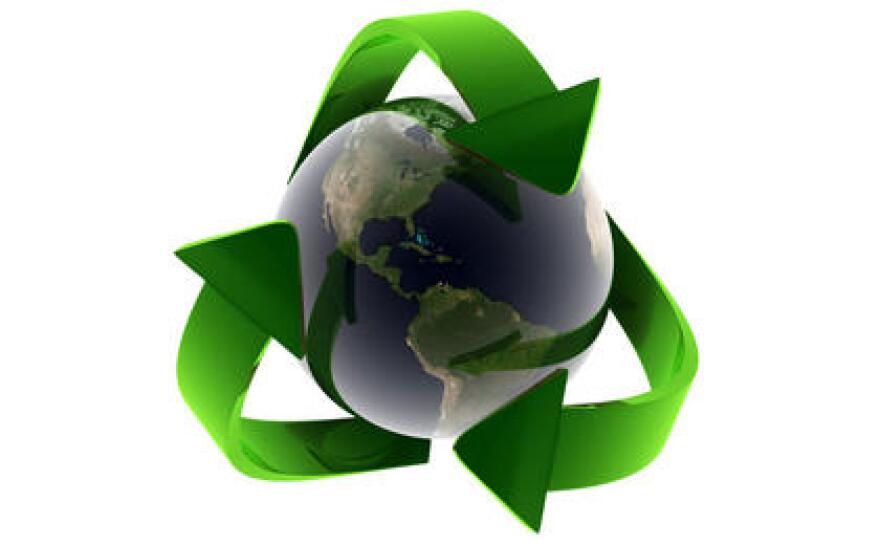Sustainability has become a buzzword in contemporary society,but University of Dayton professor Bob Brecha thinks sustainability is a matter of survival, something citizens should things about in a deep and serious way.
In the dictionary, to sustain means “to keep in existence," also “to support from below”, or “to keep from falling or sinking”. That’s more direct than we often state it.
The goal of sustainable development is to meet the needs of present generations without compromising the ability of future generations to meet their needs. I think this captures the essence of sustainability in broad terms, but is still too vague and can be molded to fit many different agendas.
Fundamentally, we must learn to think long-term and globally – that’s the challenge of sustainable development
There will always be uncertainties if we choose a sustainable lifestyle. We do this all the time - we make decisions about the future without all the information we’d like to have. When we plan for retirement or for our kids’ college education, we trade off spending now against saving for the future. We could just not save and then hope that we’ll miraculously become wealthy during our daughter’s senior year in high school. Somehow we usually weigh probabilities and risks, and decide that the likely path to a happy outcome is to balance current desires with thoughts of the future.
Sustainability – remember we’re talking about trying to “keep in existence” - has added challenges. It’s really tricky because we have to think about two things at once – people elsewhere in developing countries,andfuture generations. We live in a world of finite natural resources that are gone once we use them up. What will we do if the fossil fuels we needed for development become scarce? And we already know that the climate is permanently changing because we’ve put too much CO2 into the atmosphere. Should we just keep using up fossil fuels and emitting CO2 and hope that future generations will be able to deal with it? Let me put it like this - would we be comfortable trading places with future generations, knowing the legacy we’re leaving them? I don’ think so.
Thinking about large geographical scales and long time scales is challenging. But we can start by taking action locally – and now.
In the end, we need to find a model that allows us and our fellow human beings now and for generations into the future to flourish, and at the same time to live within the bounds set by a finite earth system. That would be sustainability in action.
Bob Brecha is a professor of physics and renewable and clean energy. He is the coordinator of the Sustainability, Energy and The Environment program at the University of Dayton.



